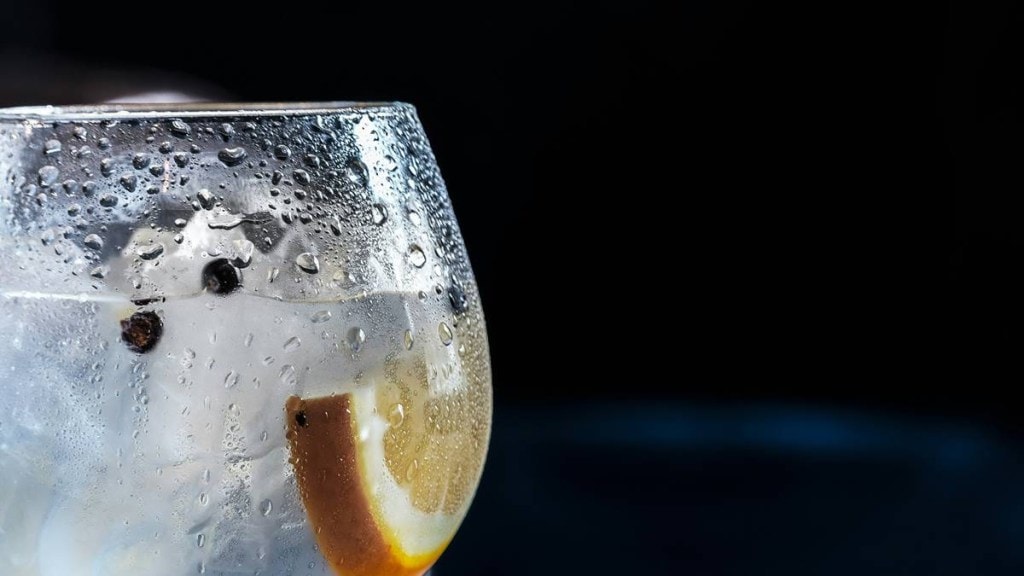In recent years, there has been a noticeable shift in the landscape of the alcoholic beverage (alcobev) market, with flavoured beverages emerging as a prominent trendsetter. Once dominated by traditional spirits and classic cocktails, the alcobev industry is now witnessing a surge in demand for innovative and uniquely flavoured options. From fruity twists on vodka to botanical-infused gins and artisanal-flavoured beers, consumers are increasingly drawn to beverages that offer a distinct sensory experience.
This shift is not only reshaping consumer preferences but also challenging industry norms, leading to a renaissance in the way alcoholic beverages are crafted, marketed, and consumed. In this introduction, we delve into the phenomenon of flavoured beverages and alcohol, exploring how they are redefining the alcobev market and paving the way for a new era of drinking culture.
In a recent interview, Shweta Jain, the driving force behind Smirnoff Lemon Pop’s innovative collaborations, shed light on the brand’s journey amidst the evolving landscape of beverage preferences. “The surge in demand for unconventional beverage choices, epitomized by the sensational Smirnoff Lemon Pop, reflects a cultural shift towards a desire for memorable experiences,” she explained. Jain emphasized the brand’s commitment to providing a sensory journey that transcends the boundaries of traditional beverages, catering to consumers who seek more than just the ordinary.
Discussing Smirnoff Lemon Pop’s collaboration with the Kala Ghoda Arts Festival, Jain expressed the brand’s mission to challenge and reshape traditional ideas of family. “Our collaboration aims to spotlight the diverse and meaningful relationships within the transgender community,” she elaborated. Through visual representation, storytelling, and ongoing engagement, the collaboration seeks to contribute to a broader societal shift towards greater inclusivity and acceptance, Jain highlighted.
Detailing the collaboration’s initiatives, Jain outlined the various aspects of the partnership with the Kala Ghoda Arts Festival. “We aim to redefine traditional notions of family by showcasing found families representation,” she stated. The collaboration involves transforming Mumbai’s iconic Kalanjee House into the Smirnoff House, featuring an exhibition called “The Family Exhibit” that captures the diversity of the families within the hijra community.
Jain underscored the brand’s commitment to diversity and inclusion, both in visuals and actions. “Our collaboration goes beyond the visual representation of families; it serves as a meaningful initiative to empower the transgender community,” she emphasized. Through the inclusion of LGBTQ photographers and authentic storytelling, Smirnoff Lemon Pop aims to challenge societal norms and contribute to the broader conversation on acceptance and understanding. Reflecting on the transformative impact of the collaboration, Jain highlighted its significance in fostering a more inclusive society.
“The commitment to diversity signifies a broader vision of positive change that actively contributes to a world where diversity is embraced, and inclusivity becomes the norm,” she stated.
The collaboration, transcending conventional branding efforts, becomes a manifestation of the brand’s dedication to creating a lasting impact and shaping perceptions within the realm of branding and cultural engagement, Jain concluded.







